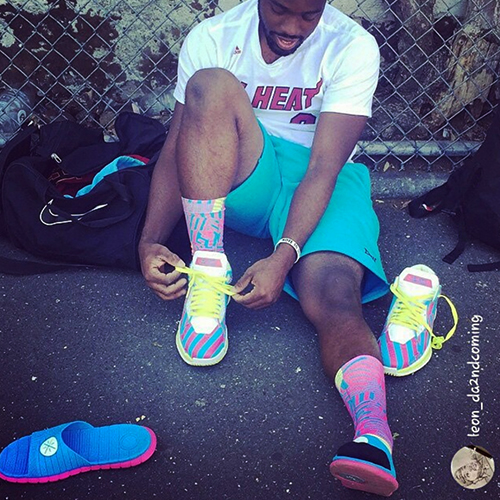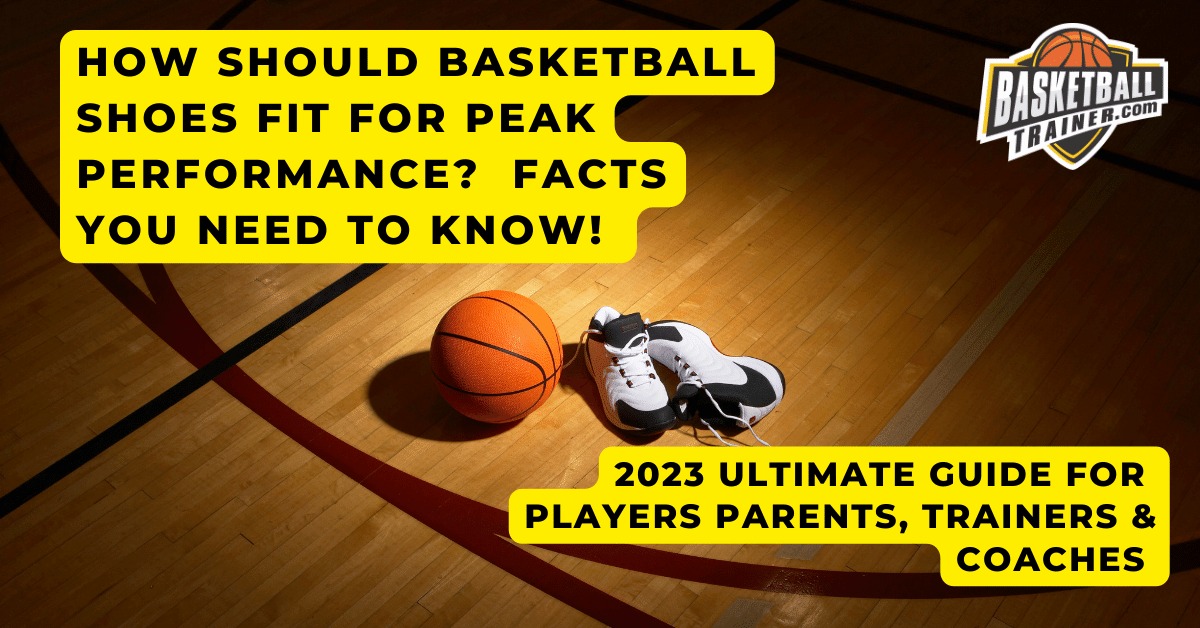Choosing the right basketball shoes can significantly affect your performance on the court. One of the most debated topics among athletes and sneaker enthusiasts alike is, “should basketball shoes be tight?” With various opinions and experiences out there, this guide aims to clarify the fit of basketball shoes, exploring the nuances of comfort versus performance, as well as cultural implications of footwear in sports.
Understanding the Importance of Fit in Basketball Shoes
Proper shoe fit is crucial for more than just comfort. A well-fitted basketball shoe can help prevent injuries, improve performance, and enhance your overall experience on the court.
The Anatomy of a Basketball Shoe Fit
To understand whether basketball shoes should be tight, it’s essential to break down the key components of shoe fit:
- Toe Box: This is the area where your toes reside. A good fit should provide space for your toes to move but not so much that your foot slides around.
- Heel Lock: A snug heel is crucial to prevent blisters and enhance stability. The heel should not slip out of the shoe during play.
- Midfoot Support: A secure fit around the midfoot area is necessary to control lateral movements effectively.

Should Basketball Shoes Be Tight? Pros and Cons
Pros of a Tight Fit
- Enhanced Stability: A tighter fit can improve stability, which is vital for quick lateral movements.
- Barefoot Feel: Many players prefer a tight fit that mimics the feeling of being barefoot, providing better control over movements.
- Injury Prevention: A snug fit minimizes the risk of blisters and other foot injuries by reducing excessive movement within the shoe.

Cons of a Tight Fit
- Comfort Issues: Shoes that are too tight can lead to discomfort and pain, distracting players during games.
- Circulation Problems: Excessive tightness may restrict blood flow, leading to numbness or tingling sensations.
- Foot Growth Considerations: For younger players, a tighter shoe may impede natural foot growth.
The Right Amount of Tightness: Finding Your Fit

Key Factors to Consider
When determining whether to go tight or loose, consider the following:
- Foot Width: Wider feet may require a more spacious shoe, while narrower feet can handle a more snug fit.
- Playing Style: Your playing style can influence your preference. Guards might favor a tighter fit for agility, while centers may need more room for comfort.
- Personal Preference: Ultimately, comfort is king. Your unique preferences should dictate the fit of your shoes.
Comparison Table: Tight vs. Loose Basketball Shoe Fit

| Feature | Tight Fit | Loose Fit |
|---|---|---|
| Stability | Higher | Lower |
| Comfort | Variable | Higher |
| Injury Prevention | Better for ankle support | Risk of blisters |
| Performance | Improved control | Possible loss of control |
Choosing the Best Basketball Shoes for Your Fit

When looking for basketball shoes, it’s essential to consider a few key factors based on your fit preference. Here are some popular options:
Top Brands and Models for Tight Fit
- Nike LeBron Series: Known for their snug fit and excellent ankle support.
- Adidas Harden Vol. Series: Offers a tight fit with responsive cushioning for agile players.
- Puma Clyde Court: A snug shoe with a classic feel, ideal for court performance.

Top Brands and Models for Loose Fit
- Jordan Retro Series: Provides ample space for comfort and casual wear.
- New Balance 550: A retro style that balances support and looseness for a laid-back fit.
- Under Armour Curry Series: Some models offer a more generous toe box while maintaining excellent performance.
Cultural Insights: Basketball Shoes and Identity

Basketball shoes are more than just performance gear; they carry cultural significance. In urban communities, the type of basketball shoe one wears can reflect personal identity and style. For many, tightly laced shoes symbolize seriousness in gameplay, while a looser fit may represent a more relaxed approach. This dynamic plays a vital role in the culture surrounding basketball, particularly in the USA.
Expert Tips for Finding Your Ideal Fit
1. Try Before You Buy
Whenever possible, try shoes on at the end of the day when your feet are slightly swollen. This ensures a more accurate fit.
2. Assess Socks and Insoles
Wear the type of socks you plan to use during games. Additionally, consider insoles that can improve comfort and support.
3. Walk and Jump
Don’t just stand still. Walk around, jump, and make lateral movements to assess how the shoes feel during different motions.
4. Check Return Policies
Make sure there’s a return policy if the fit isn’t right after a few sessions of play.
Frequently Asked Questions (FAQs)
Q1: Should basketball shoes feel tight when you wear them?
A1: They should feel snug but not painfully tight. Your toes should have some space to wiggle, and you should feel support without restricted circulation.
Q2: Can wearing tight basketball shoes cause injury?
A2: Yes, if shoes are excessively tight, they can lead to blisters, restricted blood flow, and other injuries. A proper fit considers comfort while providing necessary support.
Q3: Do different positions in basketball require different shoe fits?
A3: Absolutely, guards may prefer a tighter fit for agility, while bigger players might prioritize comfort and cushioning.
Q4: What is the best way to break in new basketball shoes?
A4: Start by wearing them for short periods off the court before gradually increasing the time you wear them during practice sessions.
Q5: Are there specific shoe brands that cater to wider feet?
A5: Yes, brands like New Balance and ASICS often provide wider options to accommodate various foot shapes.
Supporting Studies and Resources
For those interested in further researching the importance of shoe fit in basketball, consider exploring the following resources:
- The role of proper footwear in athletic performance
- Footwear and injury prevention in sports
- American Psychological Association on sports shoes
Conclusion
Finding the right basketball shoe fit is a subjective experience that greatly influences performance and comfort. Should basketball shoes be tight? The answer lies in a balance between snug support and personal comfort. Always prioritize your unique needs as you select your perfect pair of shoes to ensure you can perform your best on the court.